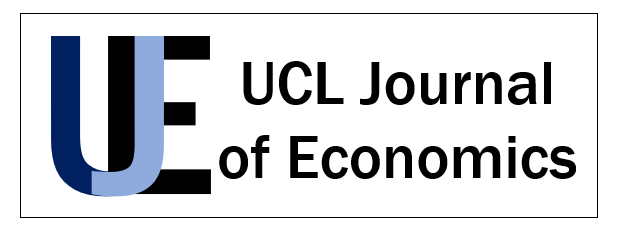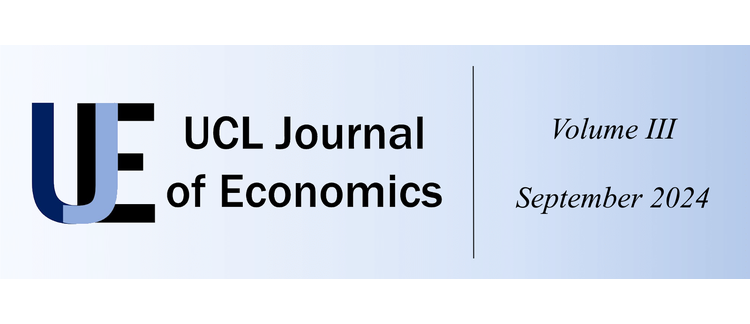Abstract
Climate change has been linked with increased conflict risk through resource scarcity or forced migration but there remains a gap in understanding how these impacts vary across different types of conflicts. This study addresses this gap by examining the heterogeneous effects of temperature and precipitation levels and long-term deviations on various conflict categories. I employ count data panel regression and a long-difference approach with UCDP data for 2780 conflicts from 1998-2020 in 81 low- and mid-income countries. My main finding confirms that climate impacts are indeed heterogeneous across conflict categories. A one-year lagged temperature change of 1°C increases the expected mean count of non-state conflict by 8.54% while armed conflict and one-sided violence are not affected significantly. My data suggests different vulnerability levels, as warmer countries also experience higher real conflict counts. The long-difference approach supports these results. Contrary to earlier studies, I did not find robust evidence for precipitation effects.
Keywords: Climate Change, Armed Conflict, Non-state Conflict, One-sided Violence, UCDP, Climate Conflict Nexus, Temperature, Precipitation, Poisson, Panel Regression, Negative Binomial, Long-difference
How to Cite:
Marten, F., (2024) “Heterogeneous Impacts of Climate Conditions on Conflict”, UCL Journal of Economics 3(1). doi: https://doi.org/10.14324/111.444.2755-0877.1841
Downloads:
Download PDF
View PDF
1613 Views
155 Downloads

